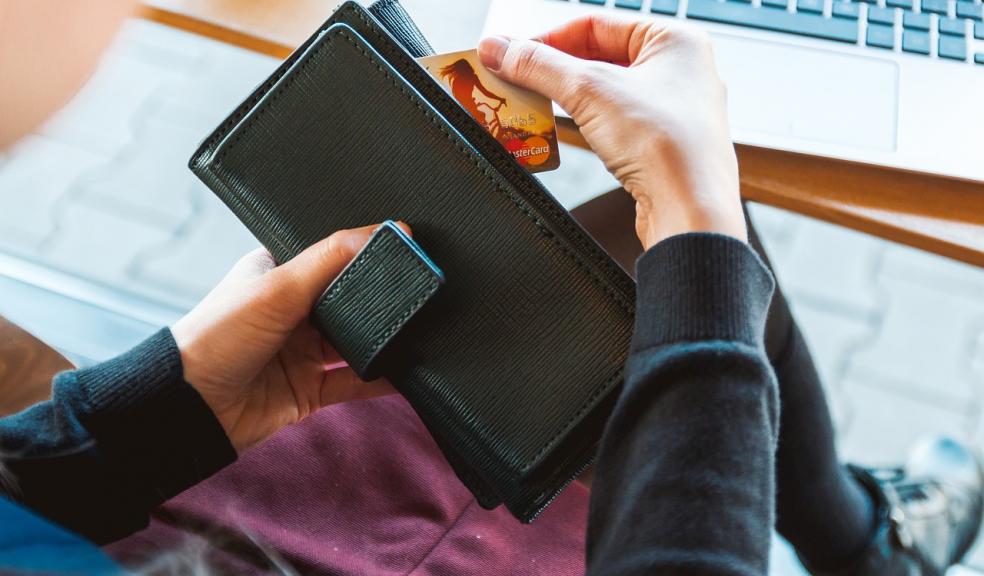
5 Science-Backed Hacks To Save Money
Saving money is one of the most challenging things for a person to do. The National Bureau of Economic Research (NBER) found that humans are naturally inclined to find it hard to save for the future. While we may have a hard time saving, it's not impossible. Conservation is a necessity, especially if we're planning on getting something done or need the money as a buffer zone in case of an emergency. Having money saved is far safer than having to depend on the kindness of strangers.
Science comes to rescue in this case, offering behavioral-altering methods, or life-hacks if you prefer, to enable us to save more efficiently. These methods of saving might not work for everyone, but they are useful additions to any simple, money-saving hacks that we may already have in place. Additionally, since these methods are backed up by science, we can reason out how they're helping us to save.
1. Set a Single Goal and Block your Path
One thing that we tend to take for granted is that we're always going to fail at our New Year's resolutions. Social psychologist Ray Baumeister has offered us hope for saving those resolutions, but also for saving since it's a similar goal. According to The Atlantic, Baumeister suggests setting a single goal, since multiple targets tend to distract from each other, and setting things in place that will confront us when we intend to do things that impact the goal negatively. his simple addition, like maybe wrapping our credit card in a picture of what our purpose is, may be enough to persuade us to change our mind about breaking our saving spree.
2. Cash Only Purchases Save You Money
The Journal of Consumer Research published a paper suggesting that credit card payments take much of the sting out of actually spending money. Earlier purchases also tend to play a part in the way we spend money in the future. Using cash reinforces the negative feeling that our money is leaving our hands immediately and going to someone else. This physical feeling of loss is something we miss when we engage in credit card purchases primarily.
3. Bring a Friend on Board
The New York Times mentioned that if someone gains weight, their close friends also tend to gain weight. The significance of this research is the impact of friendship on behaviors. Telling our friends that we're trying to save for something makes it less likely that they'd influence us towards doing anything that would impact that saving. Additionally, friends might even benefit our saving by reducing the amount of pressure they put on us to spend. Peer pressure can have a severe impact on how we make decisions, and by reducing it, we make it less likely that we'd lose our footing on our saving goal.
4. Enter Credit Card Information Every Time
Lifehacker suggests that deleting credit card information stored on websites could potentially save money. Retaining saved information on sites makes our lives more comfortable by keeping us from having to enter that information every time. However, it also makes it easier to spend. We already noted how digital purchases have less of an impact on us physically, and online purchases remove that impact even further, not even using a physical card to complete them. Having to re-enter details each time reminds us that we're actually spending money and keeps our spending in check.
5. Shop for Experiences, not Physical Items
People tend to get used to things; a phenomenon known as hedonic adaptation. When we spend money on items, eventually our happiness about those items wanes as we get used to them. There's a distinct difference in spending on experiences. The journal Advances in Experimental Social Psychology notes that experiences are less likely to fall prey to hedonic adaptation, and as such, make for a better way to spend our money.
Combining Saving Techniques
If you spend a lot of money that you should be saving, then trying any technique that you can locate can aid in stopping your money from running out. Setting goals and sticking to them can help immensely, and being aware of where you can encourage yourself to build good habits and break bad ones can add to how much you save. Patterns are what make for effortless saving. The more you invest in creating them now, the less you are likely to feel the pinch of overlooking them later.













